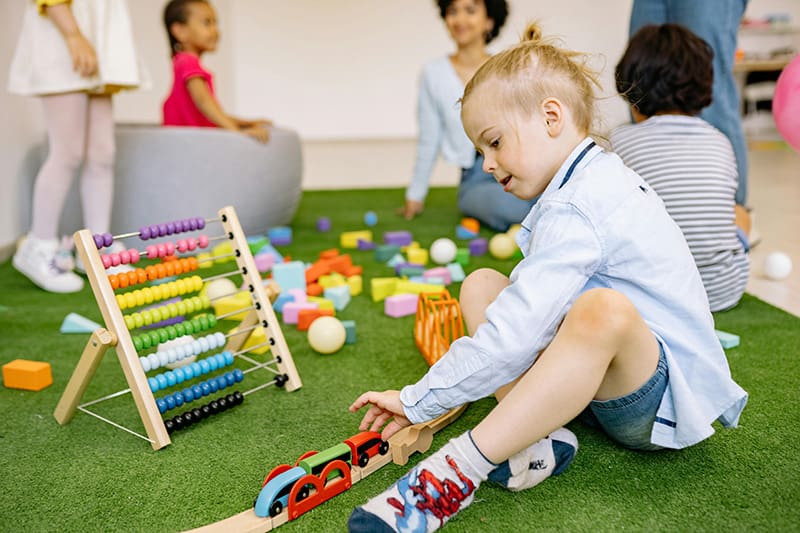Peer training is an innovative and effective approach that is gaining recognition in the field of autism support, particularly in interventions like those offered by Chicago ABA Therapy. This method involves training typically developing children to assist their peers with Autism Spectrum Disorder (ASD) in acquiring social skills through interaction and guided activities. This article explores the benefits and methodologies of peer training, illustrating how it can be a transformative component of autism therapy.
What is Peer Training?
Peer training in the context of autism therapy is a structured program where neurotypical children are taught how to interact appropriately and effectively with children who have ASD. The goal is to enhance the social integration of children with autism by providing them with more opportunities to engage in meaningful social interactions within a supportive environment.
The Benefits of Peer Training for Children with ASD
Enhanced Social Skills
Children with autism often struggle with social skills, which are crucial for building relationships and communicating effectively. Peer training directly addresses these challenges by providing children with ASD frequent and consistent opportunities to practice these skills in real-world settings with their neurotypical peers.
Increased Peer Acceptance
By involving neurotypical children in the training process, these children learn to understand and appreciate the differences of their peers with ASD. This understanding can lead to increased acceptance and empathy, reducing the social isolation often experienced by children with autism.
Improved Communication Abilities
Through regular interaction with trained peers, children with ASD can improve their verbal and non-verbal communication skills. This interaction helps them learn how to express their needs and understand others, which are essential skills for daily life.
Natural Learning Environment
Peer training often takes place in natural settings such as schools, community centers, and playgrounds, making the learning more relevant and easily transferable to everyday situations. This setting helps children with ASD to apply what they learn in therapy to their daily interactions.
Implementing Peer Training at Chicago ABA Therapy
At Chicago ABA Therapy, peer training is integrated into a comprehensive therapy approach that includes Applied Behavior Analysis (ABA), occupational therapy, and more. Here’s how we implement peer training:
Selection of Peer Models
We carefully select peer models who show empathy, patience, and a willingness to participate. These peers are typically peers who can model positive behaviors and who are likely to be influential and supportive.
Structured Training Sessions
Peer models undergo structured training sessions where they learn about ASD, the specific needs of their peers, and effective ways to communicate and interact. They are taught how to initiate play, share, take turns, and respond to various social cues.
Supervised Interaction
Initially, interactions between children with ASD and their trained peers are closely supervised by therapists. This ensures that the interactions are positive and beneficial, and allows therapists to provide immediate feedback and guidance.
Continuous Monitoring and Support
The effectiveness of peer training is continuously monitored, and adjustments are made as needed. Support is provided not only to the child with ASD but also to the peer models to ensure that they feel confident and effective in their roles.
Celebrating Neurodiversity and Inclusion
Chicago ABA Therapy is committed to promoting neurodiversity and inclusion. Peer training is just one of the many ways we strive to empower children with ASD to thrive in their communities. By celebrating each child’s individual strengths and facilitating their integration into social environments, we help build a more understanding and inclusive society.
Peer training is a valuable component of comprehensive autism therapy. It not only aids in the development of essential social skills for children with ASD but also fosters an environment of inclusivity and acceptance. At Chicago ABA Therapy, we are proud to offer peer training as part of our multidisciplinary approach to autism care, ensuring that every child receives the support they need to succeed.










